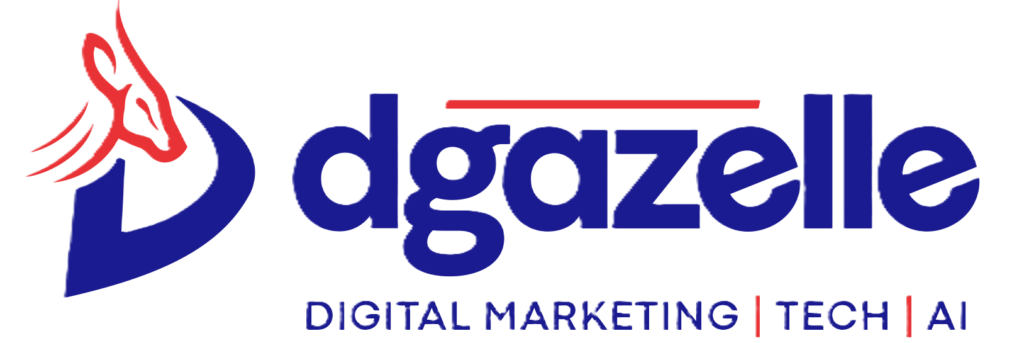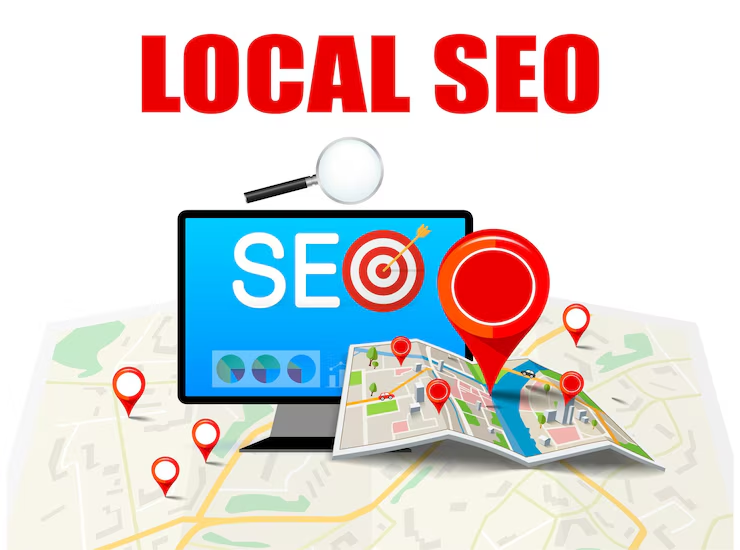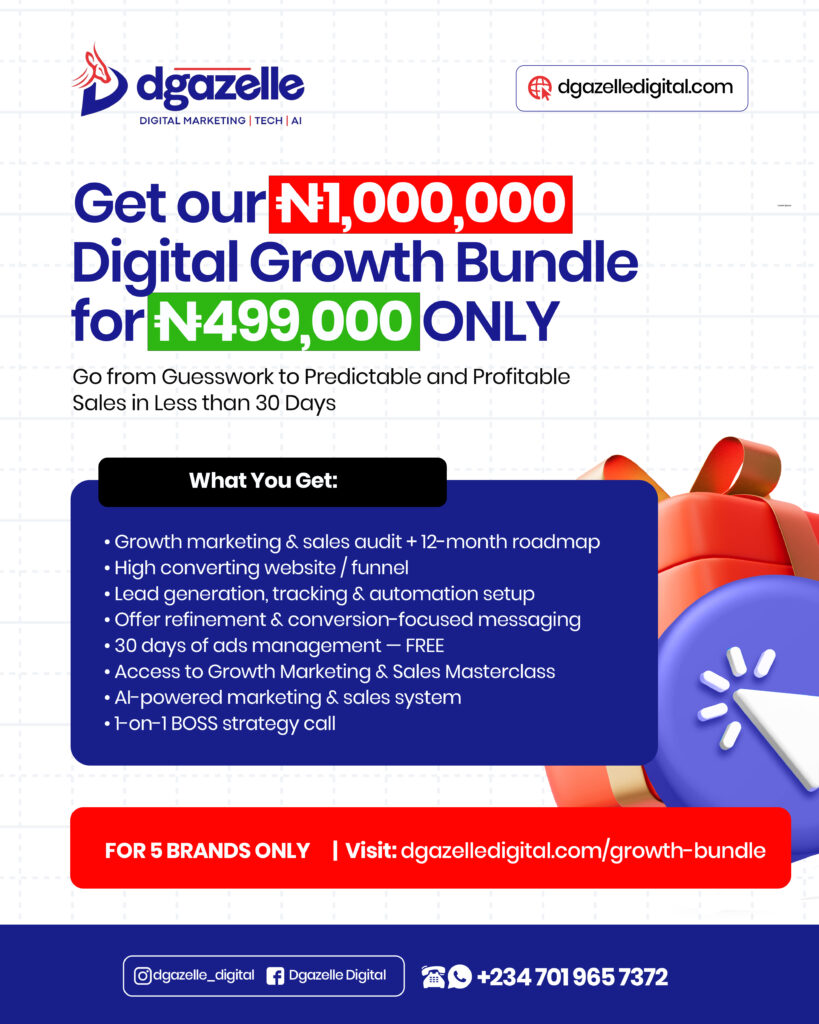Local SEO is one of the best ways for small businesses and service providers to reach their target audience and become more visible in their community. By optimizing your online presence for local searches, you can stand out in your particular geographic area, connect with local customers, and increase in-store visits or service inquiries. Businesses can greatly increase their chances of ranking high in local search results, including the coveted “local pack,” by using tools like Google Business Profile, local keyword optimization, and customer reviews.
Importance of SEO for small business
Optimizing your internet presence to draw in more business from relevant local searches is known as local SEO. These searches frequently contain geographic terms like “plumbers in [city name]” or location-specific queries like “near me.” Google reports that 46% of all searches have a local intent, indicating that consumers are actively looking for nearby companies and services. Small companies can engage with these searchers when they are prepared to make a purchase by spending money on local SEO.
Local SEO focuses on your particular geographic location, as opposed to general SEO, which aims to increase your website’s visibility on a national or worldwide level. For physical retailers, service providers, and any other company that depends on local clients, this is extremely important.
Local SEO Strategies for Small Businesses
1. Optimize Your Google Business Profile (GBP)
One of the most important local SEO strategies for small businesses is to optimize your Google Business Profile (GBP, formerly known as GMB). GBP is a free tool from Google that helps you manage your company’s presence on Google Maps and Search. If you optimize your GBP, you can greatly increase your chances of showing up in the local pack (the map and three business listings that appear at the top of Google’s search results for location-based queries) and local search results.
To maximize the benefits of your GBP listing:
- Take ownership of your listing: Verify that you have claimed and validated your company’s GBP listing. Make sure you have complete access to update it on a regular basis if it has already been claimed.
- Fill out every field: Provide your company’s name, address, phone number, website, operating hours, and any other pertinent details. Be as precise and comprehensive as you can.
- Select the appropriate categories: Decide which categories are best for your company. This aids Google in comprehending the goods or services you provide.
- Include images and videos: Having high-quality photos of your store, goods, and services enhances the appeal of your listing and may increase user interaction.
- Post updates: Share events, promotions, and updates from your company using GBP’s posts feature.
- React to reviews: Engaging with customer feedback, both favorable and unfavorable, demonstrates your concern for your clients and fosters confidence.
Put Local Keyword Optimization First
Local SEO is based on keyword optimization, just like any other SEO technique. You must, however, make sure that your keywords accurately represent both your area and the goods or services you provide for local SEO.
The following advice can help with local keyword optimization:
- Make use of location-based keywords: Include your neighborhood, city, or area in your keyword list. Target terms like “Texas Car Wash” or “Car wash services in Texas,” for instance, if you own a Car was business in Texas.
- Optimize important on-page elements: Ensure that the title tag, meta description, headers, and URL structure all contain your location-based keywords.
- Provide material tailored to each location: If your company operates in several places, think about setting up unique pages for each of those locations. For instance, make distinct sites for “Landscaping Services in [City Name]” if you run a landscaping business that covers several cities.
Make local intent your top priority: Make sure to optimize for keywords like “near me” or “best [service] in [city], which are frequently used in local searches.
Compile and Handle Client Evaluations
One important ranking component for local SEO is customer reviews. In addition to improving your reputation, positive reviews tell Google that your company is reliable and pertinent to local searches. Businesses with a lot of good reviews rank higher in Google’s algorithms, thus this is a crucial component of your local SEO approach.
Here’s how you handle and promote client testimonials:
- Request reviews: Gently request that your clients post a review on your Google Business Profile following a successful transaction or service. Additionally, you can include a direct link to your review page in follow-up emails.
- React to reviews: Always reply to reviews, both favorable and unfavorable. When a customer leaves a positive review, thank them and take note of their comments. When responding to unfavorable evaluations, be kind and professional while demonstrating your concern for finding solutions.
- Emphasize the reviews on your website: Display client endorsements on your website, particularly for important services or goods. Increased trust and more reviews may result from this.
- Expand the variety of review sites: In addition to Google reviews, you should also collect reviews from Yelp, Facebook, and industry-specific directories like TripAdvisor and HomeAdvisor.
Create Local References
Any reference to your company’s name, address, and phone number (NAP) on other websites is referred to as a citation. By confirming the validity of your company, having regular citations from several reliable websites will help your local SEO.
Here are some tips for creating and enhancing local citations:
- Assure NAP consistency: Verify that the name, address, and phone number of your company appear on all websites and online directories. Information that is inconsistent might cause confusion for search engines and lower your rankings.
- Put your company’s name in local directories. Provide your company’s details to regional web directories such as Bing Places, Yelp, and the Yellow Pages. Additionally, make sure your company is listed in directories that are relevant to your industry.
- Make use of regional business alliances or chambers of commerce: Your local SEO can be improved by joining local groups, which can provide you with useful citations and backlinks.
Make Your Website User Experience and Mobile Friendly
Since mobile devices account for a sizable percentage of local searches, your website must be user experience (UX) optimized and responsive. Google now employs mobile-first indexing, which means that it ranks and indexes your website primarily using its mobile version. Reduced rankings and lost business can be the outcome of a subpar mobile experience.
To make your website mobile-friendly and user-friendly:
- Make sure your website is responsive, meaning it should adapt to the screen size of any device—be it a desktop computer, tablet, or smartphone—automatically.
- Boost the speed of loading: Pages that load quickly are crucial for user experience and search engine optimization. Optimize your website’s efficiency by minimizing code, reducing HTTP requests, and compressing graphics.
- Make use of clear calls to action and navigation to make it simple for people to locate important information like your services, booking alternatives, and contact data. Make sure calls-to-action (CTAs) are easy to find and understand.
Produce Locally Targeted Content
Websites that offer users useful, pertinent material are rewarded by Google, and this also applies to local SEO. In addition to helping you establish authority, producing content that is especially targeted at your neighborhood increases your chances of ranking for local search terms.
Here are some suggestions for locally relevant content:
- Write blog entries about news or activities in your community: You may draw local customers and position your company as an involved member of the community by covering local events or taking part in them.
- Make local guides: You can make useful guidelines for local clients, depending on your industry. For instance, a home services company can produce a book on seasonal house maintenance advice, or a restaurant might publish a guide on the best places to eat in the neighborhood.
- Highlight local partnerships: If your company sponsors events in the area or works with other local companies, highlight these relationships on your website. This enhances reputation and generates SEO-boosting local backlinks.
Conclusion
Local SEO provides a potent means for small businesses and service providers to establish connections with local clients and expand their operations. You may raise your rankings and increase your visibility to potential clients by making improvements to your Google Business Profile, concentrating on local keyword optimization, collecting client testimonials, and developing a strong local web presence.
Recall that local SEO calls for constant attention, tracking, and changes; it is not a one-time endeavor. You’ll be well on your way to controlling your local market if you continue to be involved with your neighborhood and maintain an effective internet presence.
Want to outrank the competition in your area? Let Dgazelle handle the local SEO strategies that bring customers right to your doorstep! Our team specializes in driving targeted, local traffic for small businesses through tailored, high-impact SEO techniques. Focus on running your business while we take care of increasing your visibility and dominating your market.







